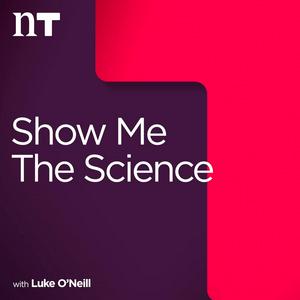This week, Professor Luke O’Neill turns his microscope to a condition he knows all too well — cellulitis. It’s one of the most common bacterial infections there is, affecting about one in every 500 people each year. The skin turns red, swollen, and sore, and you might even feel flu-ish as your immune system fights back. Left untreated, it can spiral into sepsis, making early diagnosis vital. Listener Joanie suggested this week’s theme, and you can do the same by emailing Luke at
[email protected]. As Luke explains, cellulitis happens when bacteria slip through tiny breaks in the skin — a scratch, a cut, even an insect bite — and start multiplying. He suspects that’s how he picked it up himself earlier this year. Rates of cellulitis are on the rise, with hospitals seeing more admissions, especially in settings where people live in close quarters: nursing homes, homeless shelters, and college dorms. Obesity and antibiotic resistance may also be fuelling the increase. Treatment is straightforward (antibiotics usually clear it up) but prevention is even better. Keeping skin clean and moisturised, and treating any breaks promptly, can stop it taking hold. And it’s not just humans. Cats, dogs and even horses can suffer from cellulitis, with vets watching closely for swelling and lameness. In fact, that old-fashioned poultice once used to “draw out” infection still has its place — at least in the stable. From microbes to moisturiser, Luke explores how our skin keeps the world out. And what happens when it can’t.


